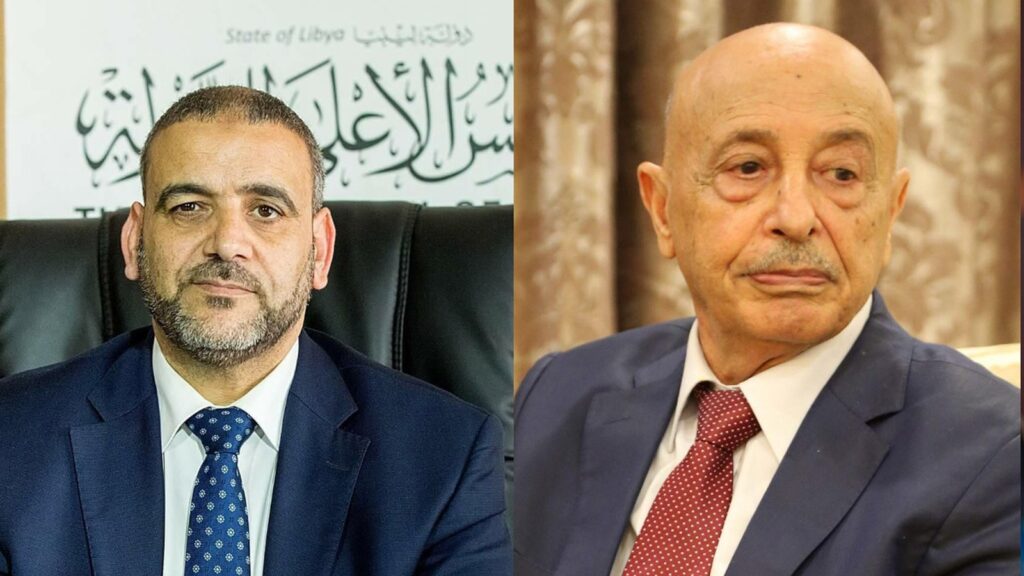NATIONAL SECURITY ISSUES
- The U.N. Security Council is scheduled to convene a meeting on Monday, June 27th, to discuss the situation in Libya. According to the council’s agenda published on the U.N. website, member states will hold closed-door consultations regarding the U.N. Support Mission in Libya (UNSMIL), which remains without a chief due to reported differences between Russia and western powers.
- In the city of Zuwarah, 102 km west of the capital Tripoli, the Stability Support Apparatus was able to seize gangs of human smugglers. The necessary legal measures were taken and the suspects were referred to the Office of the Prosecutor for a decision, according to a statement posted on theStability Support Apparatus’ website.
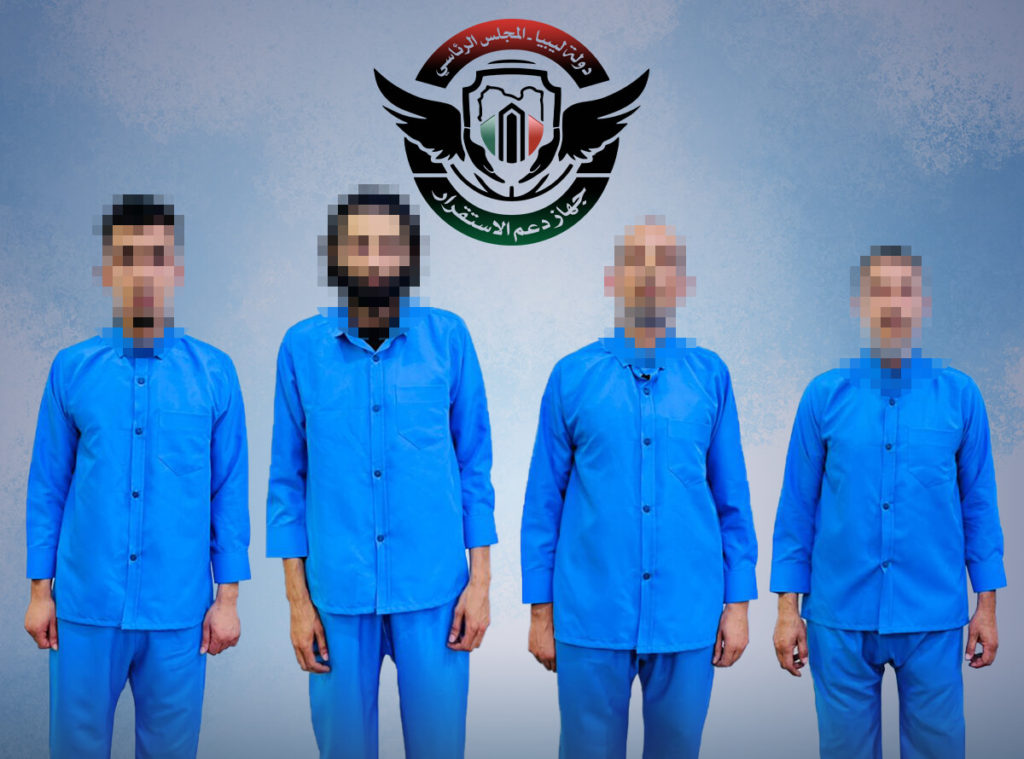
- Libya’s Tripoli-based Ministry of the Interior denounced Wednesday’s armed clashes in Tripoli and the closure of some coastal roads. The Ministry of Interior said it was following with great concern the tragic events that took place in the area of Zawiyat Al-Dahmani in Tripoli Wednesday night, following the armed clashes that took place between two security agencies that it said ‘‘do not belong to the Ministry of Interior’’, causing loss of life and property and terrorizing the safe.
NATIONAL POLITICS AND SOCIAL ISSUES
- Buccino reaffirmed his country’s continued support for the Presidential Council’s efforts to achieve stability in Libya, leading to the holding of elections on a constitutional basis with results acceptable to all parties.
- Government sources said Imad Trabelsi, commander of the Public Security Service in Tripoli, and Ghaniwa al-Kikli, commander of the Stability Support Force, received an amount of 30 million dinars (about $7 million) from the Central Bank of Libya on Tuesday at the direction of outgoing Prime Minister, Abdul Hamid Dbeibeh. The sources reported the formation of a new agency to consolation for Imad Trabelsi, called the “Desert Patrols and Border Guards Service”, headed by “Mohamed al-Marhani, Imad Trabelsi’s deputy and former Undersecretary of the Interior Ministry of Dbeibeh’s government.
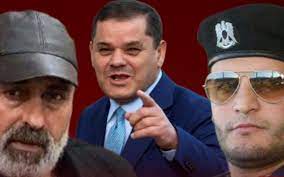
- The United Nations has expressed disappointed after Libya’s House of Representative and High Council of State failed to reach an agreement on constitutional basis for holding national elections in the country. The talks, which started on June 12, had sought to establish a constitutional framework for elections in Libya, but the two sides failed to agree on the measures governing the transitional period leading to the vote.
- Médecins Sans Frontières (MSF), an international humanitarian NGO, has urged the European Union and the United Nations to “urgently review – and if needed suspend – current cooperation agreements with Libyan authorities” over the latter’s failure to end persistent abuse of migrants in detention centers. The NGO highlighted that “as repeatedly acknowledged by international bodies, including the United Nations and the EU Commission, Libya is currently not a safe place for the purpose of disembarkation of people rescued at sea.”
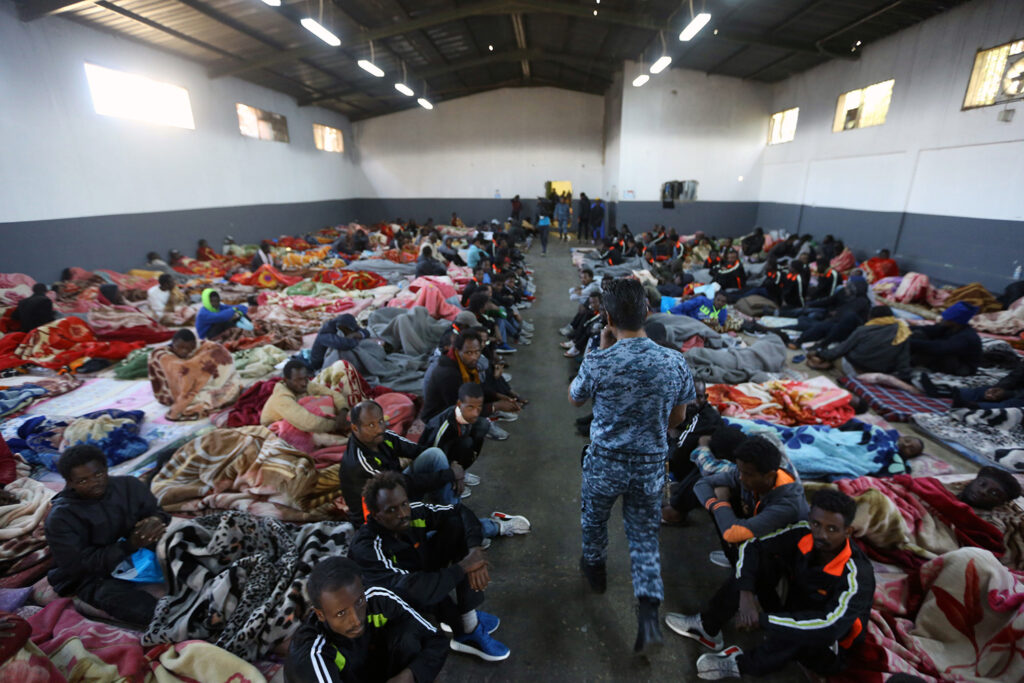
- A joint statement by Saudi Arabia and Egypt stressed Tuesday the importance of immediately starting to implement the exit of all foreign forces and mercenaries from Libya without exception or procrastination, within a specific timeframe, in implementation of Security Council Resolutions 2570 and 2571, the outcomes of the Paris Summit, the Berlin Process, the League of Arab States, the African Union, and the Mechanism of Libya’s Neighboring Countries. They also stressed the need to preserve the unity and integrity of the Libyan territories, and the importance of the Libyans reaching a Libyan-Libyan solution without any dictates or foreign interference, leading to holding presidential and parliamentary elections simultaneously.
- Libya’s Prime Minister-designate, Fathi Bashagha, announced on Monday a proposal, which aims to achieve elections, security and economic recovery. Bashagha’s plan advocates for improving basic services such as water and electricity for ordinary Libyans. It also called for governmental transparency especially during the electoral process. The plan also urges fiscal accountability through adopting budget laws to “end wasteful spending”. To achieve his plan, Bashagha pledged to hold presidential and legislative elections “as soon as possible”. He pledge to hand over power to the a democratically elected authority.
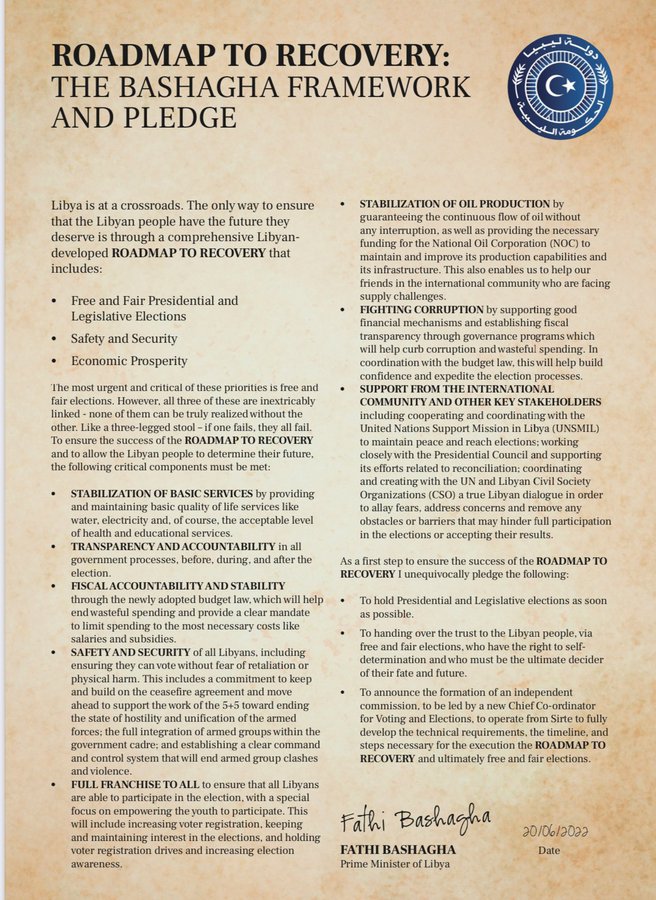
INTERNATIONAL RELATIONS
- Prime Minister-designate, Fathi Bashagha, welcomed on Saturday a joint statement by France, Germany, Italy, the United Kingdom, and the United States, “especially the call for a unified Libyan government able to govern and deliver elections across the country,” according to the premier. In the joint statement, the five western powers emphasized “the need for a unified Libyan government” but at the same time they “firmly reject actions that could lead to violence or to greater divisions in Libya, such as the creation of parallel institutions”.
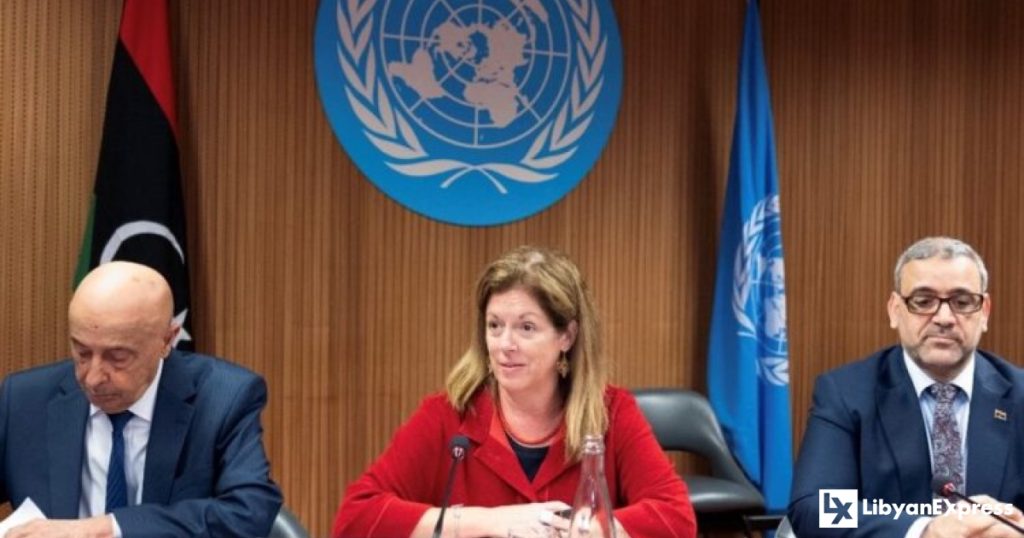
- Libya’s Prime Minister-designate Fathi Bashagha held on Wednesday a series of meetings with British officials in London to discuss his vision for the country’s recovery. “We discussed the importance of our two countries working together on issues of counterterrorism and tackling the migration crisis,” Bashagha stated via Twitter.
- Libya’s Minister of Foreign Affairs and International Cooperation, Najla Al-Mangoush, signed a Memorandum of Understanding Monday, with the United States Institute of Peace (USIP). The MoA stipulated the implementation of the institute’s programmes that support conflict resolution and building peace and stability in Libya, in cooperation with the Ministry of Foreign Affairs and International Cooperation.
- A joint statement by Saudi Arabia and Egypt stressed Tuesday the importance of immediately starting to implement the exit of all foreign forces and mercenaries from Libya without exception or procrastination, within a specific timeframe, in implementation of Security Council Resolutions 2570 and 2571, the outcomes of the Paris Summit, the Berlin Process, the League of Arab States, the African Union, and the Mechanism of Libya’s Neighboring Countries. They also stressed the need to preserve the unity and integrity of the Libyan territories, and the importance of the Libyans reaching a Libyan-Libyan solution without any dictates or foreign interference, leading to holding presidential and parliamentary elections simultaneously.
- Khaled Al-Mishri, chairman of Libya’s High Council of State, accepted on Monday the United Nations’ proposition to hold direct negotiations between him and Aguila Saleh, Speaker of the House of Representatives. Members of both chambers failed to reach an agreement after wrapping up a third round of U.N.-mediated talks in Egypt on Sunday.
